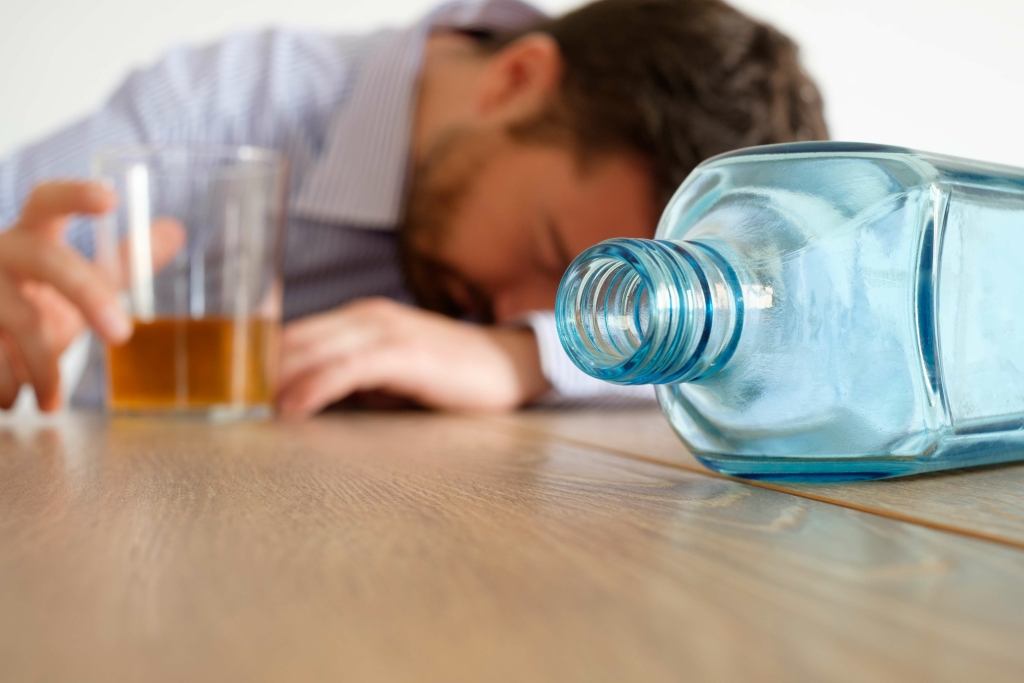The Effects of Combining Alcohol with Other Drugs University Health Service
Content
People can also have problems with motor control, memory, and behavior. Side effects of mixing antibiotics and antifungals with alcohol can range from fast heartbeat and sudden changes in blood pressure to stomach pain, upset stomach, vomiting, headache, or redness in the face. Mixing isoniazid and ketoconazole with alcohol can also cause liver damage. If you or someone you know is struggling with aprescription drugand/oralcoholaddiction, it’s important to reach out for assistance. Facilities like The Recovery Village provide treatment options for a variety of substance use disorders, including those involving alcohol and prescription drugs. There are hundreds of prescription and over-the-counter medications that are not safe to mix with alcohol.
- Doctors also warn their patients that prolonged use of these prescription sleep aids can lead to a substance use disorder, causing even more severe problems than an inability to sleep.
- If you take medications for arthritis, it is important to know that mixing them with alcohol can increase your risk for stomach ulcers and bleeding in the stomach, as well as liver problems.
- (Tylenol.com) Acetaminophen taken by itself in too large of a dose can damage your liver; alcohol can damage your liver.
Apremilast, an FDA-approved anti-inflammatory medication used to treat psoriasis and psoriatic arthritis, appeared to be a promising candidate. If you’re searching online in the hopes of learning about a safe high, it might be time to get help. Learn how long alcohol can be detected in your system, and how long the effects from alcohol may last.
What Are the Side Effects of Prescription Drugs and Alcohol?
Potential diseases and symptoms, but you may also worsen the effects by adding drugs or medications that can interact with those symptoms. Can substantially raise the risk of this damaging side effect since it may take longer for the body to metabolize the alcohol a person has consumed. In some cases, medication can also interfere with a person’s overall https://ecosoberhouse.com/ metabolism, which means it may prove more challenging to predict how long it will take for the system to go back to normal after drinking. Only about a third of people who take sleep medications report a noticeable improvement in sleep. If you are experiencing insomnia, non-pharmacological methods often work as well or even better for improving sleep.
Mixing medications, including prescription and non-prescription medications, with alcohol can have adverse side effects. Another important aspect of polydrug withdrawal is that the process can be more dangerous. Some polysubstance addictions can cause significant damage to the brain, liver, heart, and kidneys, which may limit the treatment options available to relieve withdrawal symptoms. Polydrug addiction can occur when any multiple substances , Alcohol and Pills including alcohol, are mixed and abused on a regular basis. Now, add in more chemicals and side effects from another drug or medication, and all of those reactions are amplified, along with added mental and physiological changes from the other substances. At the same time, your stomach, liver, and intestines will be inundated with chemicals and toxins to process and metabolize in an attempt to neutralize the various poisons running through them.
Pill for skin disease also curbs excessive drinking
They can have a variety of uses, including relieving pain due to illness or surgery, helping calm anxiety or maintaining impulse control. When used as directed, prescription drugs can effectively manage a variety of ailments and issues. However, when misused, they can often become addictive and dangerous, especially when combined with other substances like alcohol.

It can also slow down the time it takes for medication to be absorbed and broken down, increasing levels of the medication in the bloodstream that can ultimately become toxic. Muscle relaxants and alcohol both suppress your central nervous system, which controls the functions of your heart, lungs, and brain. One ingredient in some cough suppressants called dextromethorphan can be especially dangerous because it can cause extreme sedation and respiratory depression. While it typically gets better after stopping taking the medications, there has been concern that alcohol could potentially make liver inflammation worse. If you take a blood thinner, even an occasional drink can increase your risk of internal bleeding.
